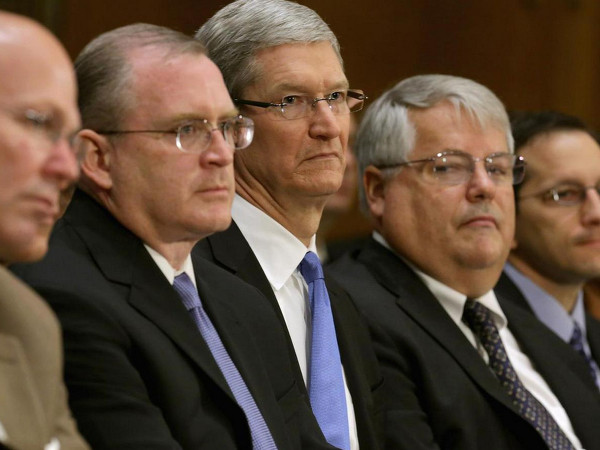

Last year, a senate subcommittee took Apple to task over its corporate tax dodging strategy of squirreling money away via Irish subsidiaries, which had allowed it to avoid paying taxes on $74 billion in profits between 2009 and 2012. It turns out, Americans aren’t the only ones who are ruffled over this. Several European countries are also questioning why Apple isn’t paying corporate taxes in their countries—instead, shunting money over to Ireland.
In response to these questions, the European Union is launching a probe into the tax loopholes several European countries, including Ireland, are offering huge, multinational companies like Apple and Starbucks.
Apple isn’t the only company under investigation. The inquiry is also looking into Starbucks in the Netherlands and Fiat Finance and Trade in Luxembourg.
In Ireland, the corporate tax rate is already less than half that of the U.S. (12.5% versus 35%), but the country has cut a deal with Apple and other major tech companies to allow them to pay even lower rates.
Through its Irish subsidiaries and other tax havens, Apple managed to pay just 3.7% in taxes on non-U.S. income last year.
Other tech companies like Google and Microsoft have also established subsidiaries in Ireland, which they have designated as tax resident in Bermuda.
Of course, these companies aren’t actually doing anything illegal. As Apple CEO Tim Cook said at Apple’s subcommittee hearing last year, “We pay all the taxes we owe, every single dollar.”
Senator Rand Paul had strong words for the subcommittee last summer: “I frankly think the committee should apologize to Apple,” he said, after accusing the committee of bullying “one of America’s greatest success stories.”
But several European companies aren’t apologizing. French lawmakers have said that Apple’s tax dodging practices in France place an unfair burden on citizens and ordinary workers. Meanwhile, Italian authorities are investigating whether Apple avoided paying its fair share by filing returns through a subsidiary in Ireland. Obviously, if the guy next-door undercuts you, that’s going to stir up some ill will.
The European Union has previously said that tax avoidance costs European governments vast sums of money every year. If the EU finds evidence of violation of the bloc’s state aid rules, the governments who broke the rules may be required to recover the money from the companies they assisted.
What this means is that even if Apple didn’t technically do anything illegal, it may be compelled to pay up some pretty sizable sums in back taxes.
Irish Prime Minister Enda Kenny has said that the country’s corporate tax legislation “is very strong and ethically implemented and we will defend that very robustly.”
Apple shareholders don’t seem too worried. Shares were up 0.2% to $94.46 Wednesday morning.
















